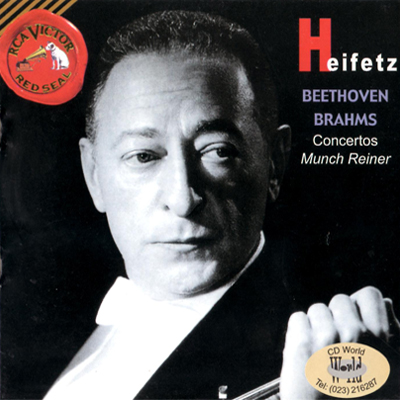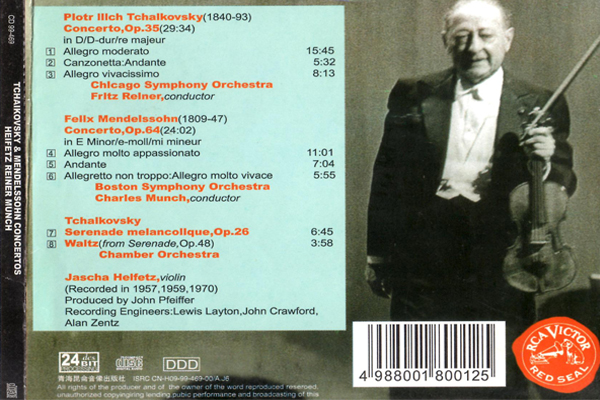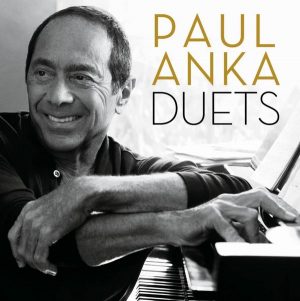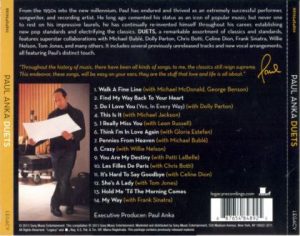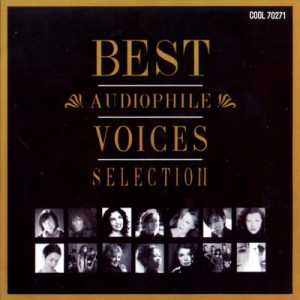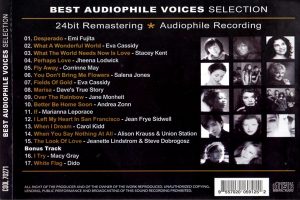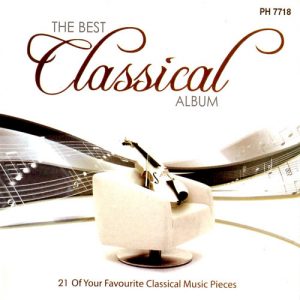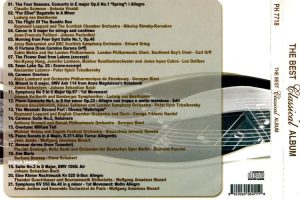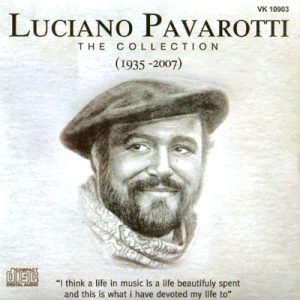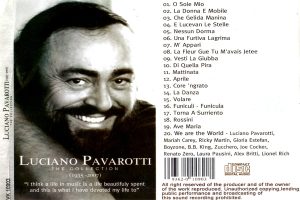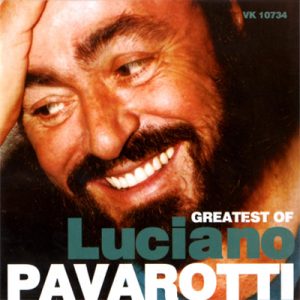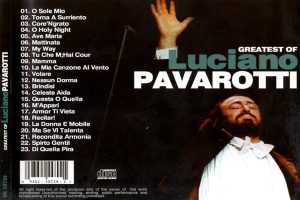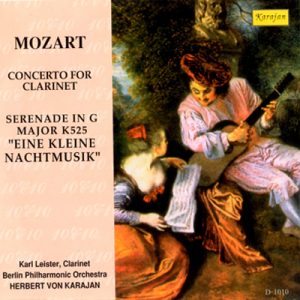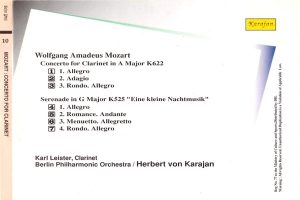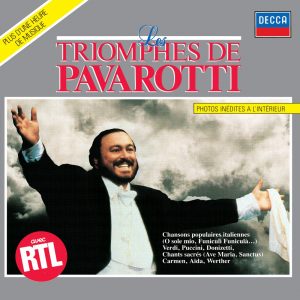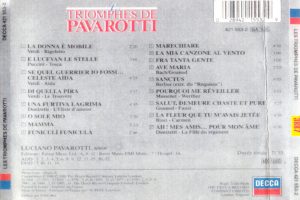Jascha Heifetz – Beethoven/Brahms: Concertos
$4.99
Heifetz made his first commercial recording on 7 November 1917. Throughout his career, he continued to record, almost always for RCA Victor. He had an immaculate technique and expressive vibrato. From time to time, his near-perfect technique and conservative stage demeanor caused some to accuse him of being overly mechanical, even cold. Even so, most critics agree he infused his playing with feeling and reverence for the wishes of the composers. His style of playing was highly influential in defining the way modern violinists approach the instrument. His use of portamento in particular, sliding from one note to another to heighten emotional impact, was highly distinctive. The violinist Itzhak Perlman, who himself is noted for his own expressive use of slides, once described Heifetz’s tone as like “molten lava” because of its emotional intensity.
Description
Biography
Born: 2 February 1901
Born In: Vilnius, Vilniaus Apskritis, Lithuania
Died: 10 December 1987 (aged 86)
Jascha Heifetz (2 February 1901 – 10 December 1987) was a violinist widely regarded as the greatest violinist of the 20th Century.
Heifetz made his first commercial recording on 7 November 1917. Throughout his career, he continued to record, almost always for RCA Victor. He had an immaculate technique and expressive vibrato. From time to time, his near-perfect technique and conservative stage demeanor caused some to accuse him of being overly mechanical, even cold. Even so, most critics agree he infused his playing with feeling and reverence for the wishes of the composers. His style of playing was highly influential in defining the way modern violinists approach the instrument. His use of portamento in particular, sliding from one note to another to heighten emotional impact, was highly distinctive. The violinist Itzhak Perlman, who himself is noted for his own expressive use of slides, once described Heifetz’s tone as like “molten lava” because of its emotional intensity.
Heifetz often enjoyed playing chamber music. Various critics have blamed his limited success in chamber ensembles to the fact that his artistic personality tended to overwhelm his colleagues. Some notable collaborations include his 1940 recordings of trios by Beethoven, Schubert, and Brahms with cellist Emanuel Feuermann and pianist Arthur Rubinstein as well as a later collaboration with Rubinstein and cellist Gregor Piatigorsky, with whom he recorded trios by Ravel, Tchaikovsky, and Mendelssohn.
Heifetz commissioned a number of pieces, perhaps most notably the Violin Concerto by Sir William Walton. He also arranged a number of pieces, such as Hora Staccato by Grigoraş Dinicu, a Romanian gypsy whom Heifetz is rumoured to have called the greatest violinist he had ever heard. He wrote a hit song, “When you make love to me, don’t make believe”, under the alias Jim Hoyl. Heifetz was also an accomplished pianist, even performing mess hall jazz for soldiers at Allied camps across Europe during the Second World War.
Additional information
| Format | FLAC, MP3 |
|---|



